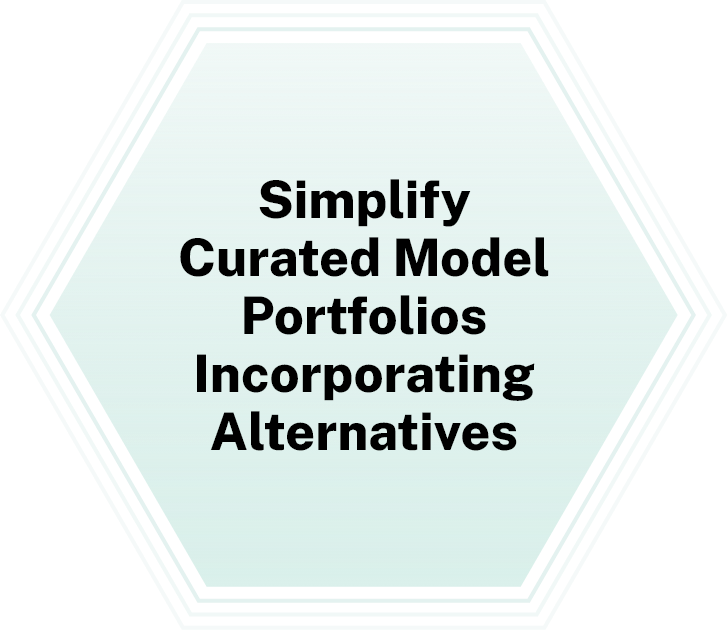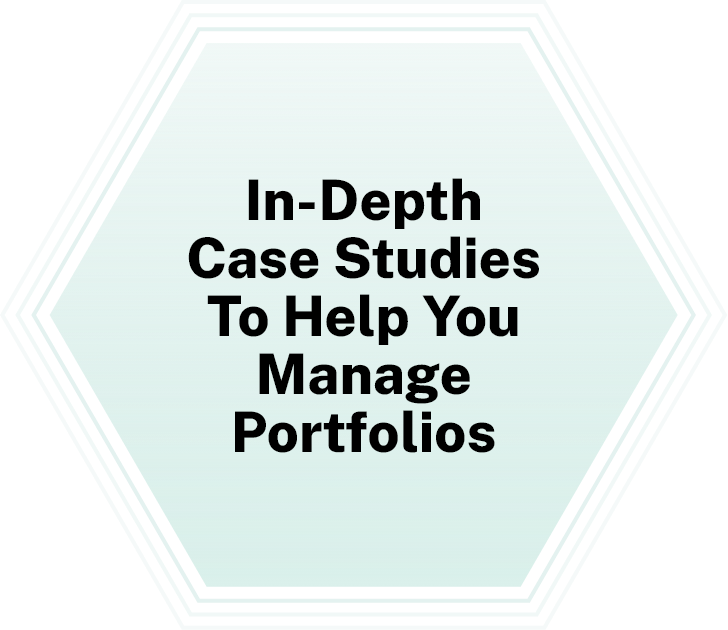
Simplify 101
What is an ETF?
Definition
Exchange traded funds (ETFs) are baskets of stocks, bonds, or other assets that are pooled together into a single entity that investors can buy shares of intra-day on stock exchanges through their brokerage accounts. ETFs are very efficient investment vehicles that provide access to a variety of investments and investment strategies previously inaccessible to many investors.History
The first ETFs began trading in the early 1990s and were used to provide investors access to a passive basket of equities. Although this use-case remains a large component of ETF market share, ETFs have expanded beyond equities and now include active strategies as well. Today, there are over 2000 ETFs in the U.S. with over $4 trillion in assets1, across a wide array of passive and active investment strategies spanning equities, bonds, currencies, and commodities.How Are They Traded?
ETFs are traded throughout the day during regular trading hours. ETFs are similar to stocks and closed-end funds (CEFs) in that liquidity may be taken in the market throughout the trading day at the fund’s intraday market price. This is in stark contrast to open-ended mutual funds, which do not offer intraday liquidity or pricing relative to the intraday NAV and therefore are limited to purchase and redemption through the fund company at the day’s closing NAV. Additional trading similarities between ETFs and stocks/CEFs include available order types such as market or limit orders, as well as the potential for options on the ETFs.Creation & Redemption
Beyond the liquidity available in the open market, ETFs also have authorized participants (APs) who can create and redeem shares of the ETF whenever insufficient shares are available for trading. When new ETF shares (referred to as creation units) are needed due to market demand, the AP will buy the securities that are included in the ETF’s underlying holdings and/or index at their respective weights and then deliver the shares to the ETF provider. In exchange, the ETF provider will provide the AP with ETF shares in a one-for-one, fair value transfer. The process can also work in reverse. APs can remove ETF shares from the market by purchasing enough of those shares to form a creation unit and then delivering those shares to the ETF issuer. In exchange, APs receive the same value in the underlying securities of the fund.Tax Treatment
Realized gains and dividends from an ETF are taxed just like stocks, based on ETF investor’s date of purchase and cost basis. However, the creation/redemption mechanism employed by the ETF investment vehicle can help avoid taxes due to fund outflows, as shares of underlying holdings can be exchanged in-kind rather than having to be sold. This is in stark contrast to mutual funds, which realize gains and losses whenever there are outflows, creating taxable events even when a mutual fund holder stays invested in the fund.Fees
ETFs, like mutual funds, have expenses that are charged periodically to shareholders of the fund. However, mutual funds may include fees or sales charges upon purchase or redemption of the fund while ETFs, like stocks, may only require a trading commission as necessitated by a broker-dealer. Mutual funds also may include an annual marketing and distribution fee (12b-1 fee) that ETFs do not incur.1 Data from the Investment Company Institute as of May 31, 2020.

